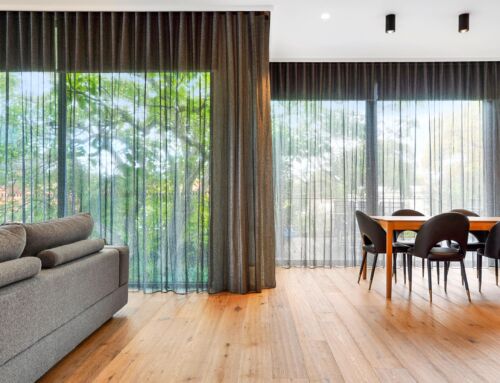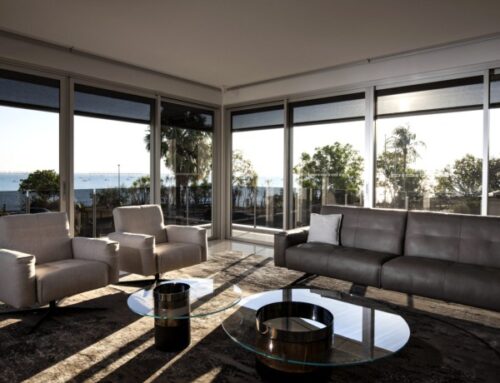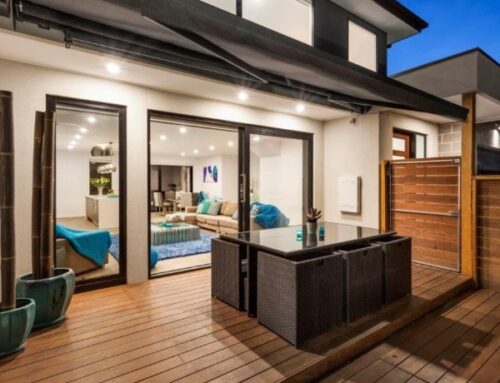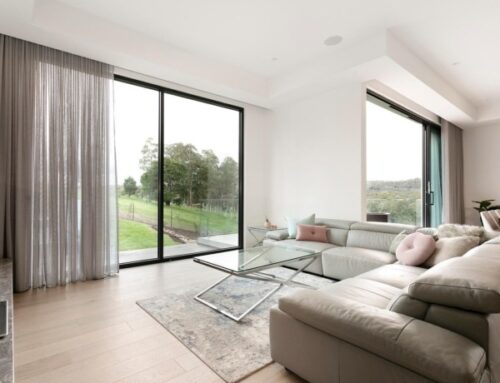How to Choose a Blinds Company
Replacing or upgrading your window furnishings, or blinds as they are commonly called, is something most people are not familiar with. When it becomes time to change the window furnishings for a new updated fabric or due to a renovation, it can be a little daunting knowing what product will work best with your house and windows and more importantly who to use to supply and install your products. This little guide, we hope, can assist you on how to choose a blinds company.
How to evaluate and choose your Window Furnishing Supplier
It is important that you find and choose a quality provider of products and installer to give you good advice about products and procedures that may be new to you. You will want to find a professional who does not compromise on quality products and installation procedures.
So we have provided a reference guide for you to review so you’re armed when talking with potential suppliers to ensure they meet all your needs and requirements of product, quality service, and budget. Top-quality, professionals like Delux Blinds (had to get that in) will always be happy to provide answers to any questions you have.
It makes good business sense to gain independent advice from several companies so you can find the best professionals. Remember professionals won’t skimp on ideas, services, or prices to ensure you get the best product and solution for your project.
We would suggest that you evaluate your contractor carefully. Some questions may be a little too in-depth if it is for only one item or a small investment property. However fitting out a new two-story home with honeycomb blinds say, can cost up to $20,000, so it is wise to ask a few hard-hitting questions.
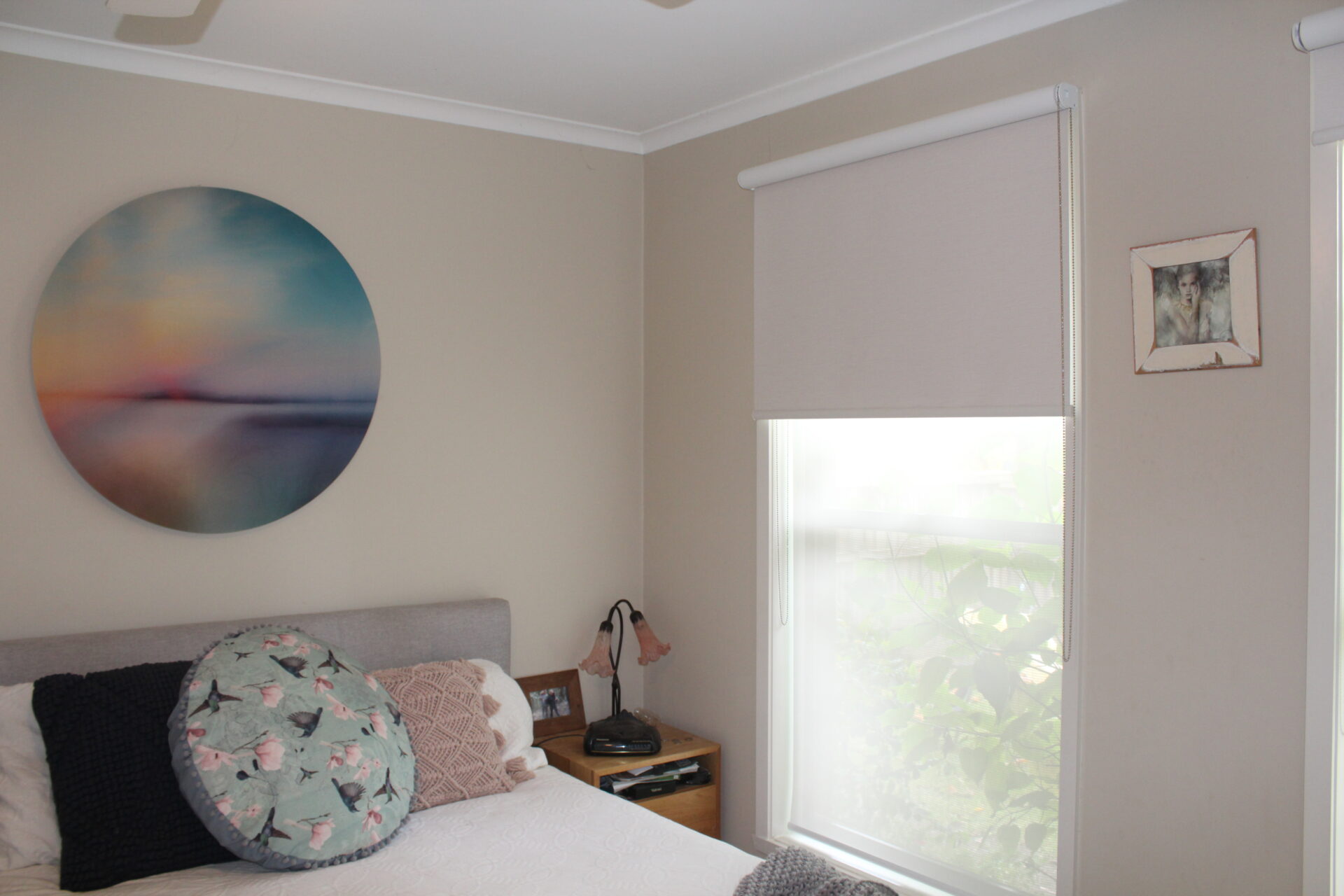
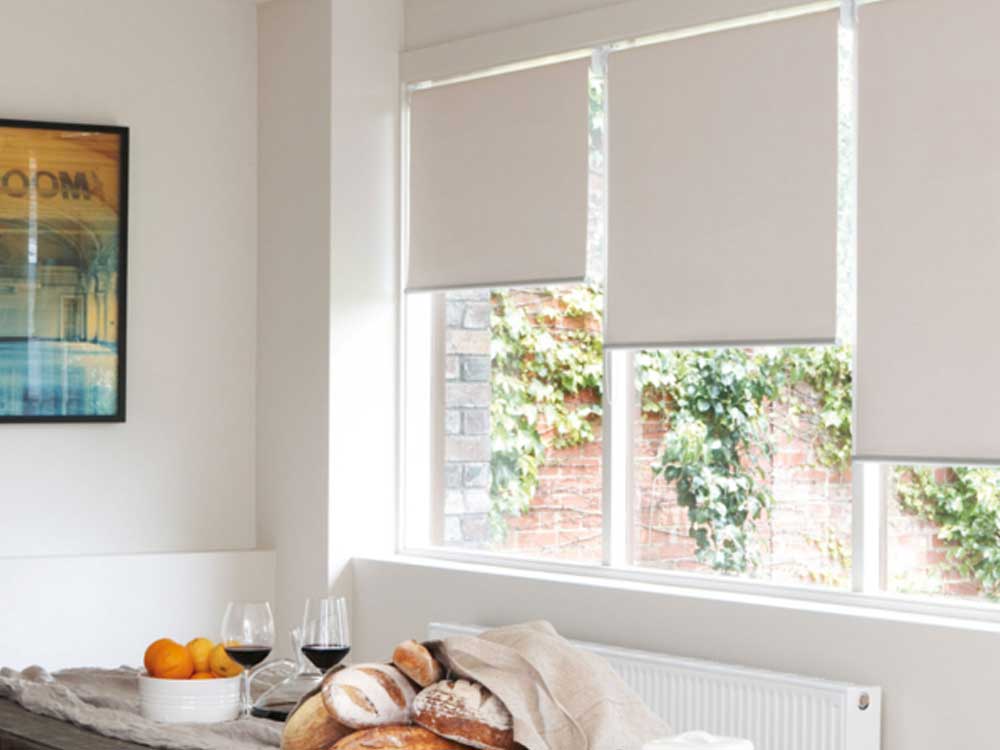
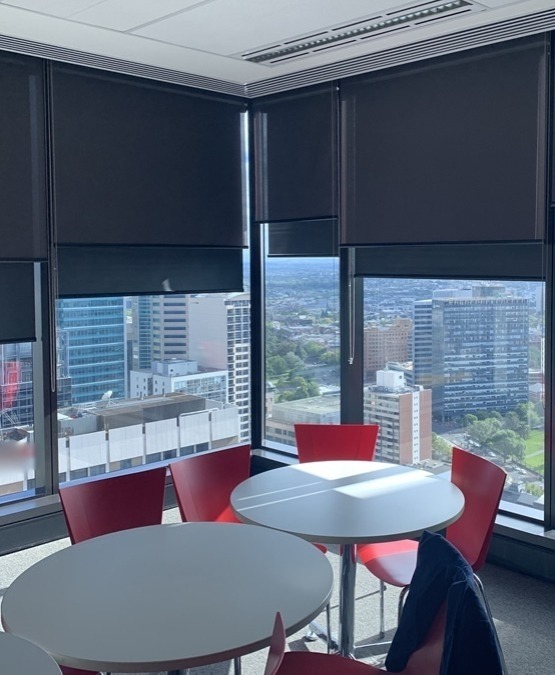
Interview the blinds supplier.
Like a lot of things, if you are serious about having quality service and products, you cannot choose a professional window furnishings supplier by looking at an estimate and comparing prices.
Allow yourself an hour to sit with each supplier, and review their products, ideas, suggestions, and options. Depending on the size of the company or business, you may be speaking directly with the owner, but most likely a salesperson.
Like you, they will be asking qualifying questions to get to the bottom of what you’re after and explore all the possibilities. Professional companies take pride in their work and products, and so should all salespeople and or installers representing the company. If you meet with a salesperson;
- They should show pride and enthusiasm in discussing your job
- They should be knowledgeable about your job including installation procedures and products used to solve a request or solution you may have.
Ask these types of questions
1. Full name and address of the company?
These details should come with a detailed quote, but feel free to ask at the start of the appointment. If they don’t come up with a detailed quote, might be best to put that quote aside, if they can’t tell you at an appointment, then best to maybe let them get through their spiel and out the door. Getting the address will also show they are a serious business, and how close they are to the job for a follow-up appointment if required
2. Does the company carry insurance?
A company should carry comprehensive public liability insurance and workers’ compensation insurance to protect you in the event of an accident. It’s amazing how many times this is never asked for. Internal window furnishings for the most part(outdoor awnings possibly could), won’t kill anyone but can do damage if not installed correctly.
You can ask to see their COC forms as these are sent by their insurance company on the insurance company letterhead.
Companies or contractors who carry insurance and follow safety guidelines endure higher job overhead costs. These expenses could be the cause of price variations between contractors who follow the standards versus those who ignore them.
Beware of uninsured contractors. Contractors who do not carry insurance will most likely be cheaper to hire as they do not have the large insurance premiums to pay but add risk if any repairs are required.
It is up to you to determine if it is worth the risk to hire a contractor who does not carry insurance.
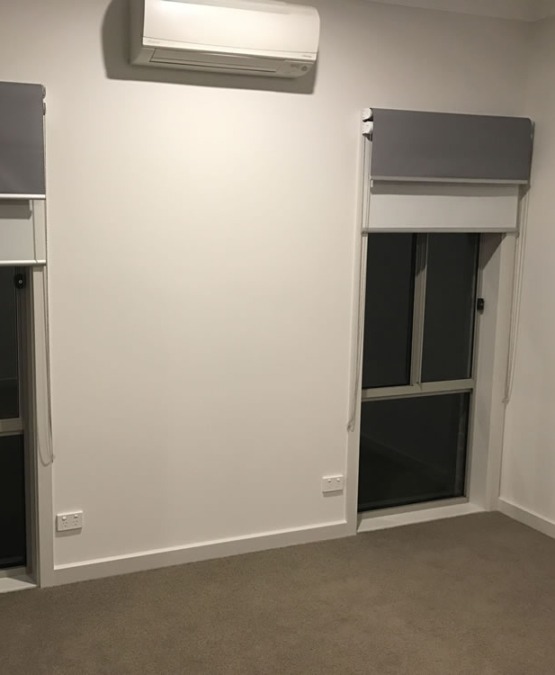
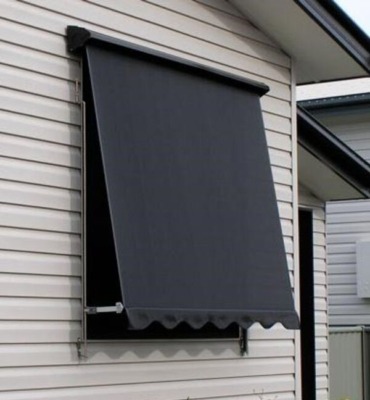
Ask these types of questions
3. How long has the company been in business?
Needless to say, longer is usually better. Under three years may signal an unstable business or one low on the learning curve. On the other hand, everybody has to start somewhere. References will be helpful to double-check any business, and especially important when dealing with a new business. A newer business may have a great future but it is only reasonable to be more careful when considering its referrals. The failure rate of small businesses in the first three years is very high.
4. Will the company provide referrals or references from previous jobs?
Ask for photos of completed work, if available. Keep in mind, however, that many contractors will not have photos. Request a list of 5 names and phone numbers of recent customers, over the last 12 months. It is not necessary to check all 5, but you will be able to pick randomly from the list those that you do call.
Ask these types of questions
5. What is the company’s workmanship warranty?
Typically, workmanship warranties are for one year. Longer warranties are not necessarily more valuable than shorter warranties. The length of the warranty is less important than the intent and ability of the company to stand behind its warranty. That is best evaluated using customer referrals.
Ask prior customers specifically for information about these four things:
- Did the company perform their work on a timely basis?
- Was the company responsive when asked for information and changes?
- Did the company act as if they cared about the customer’s interests?
- And finally, would you call the company trustworthy?
- The company should warrant their workmanship. The manufacturer, on the other hand, warranties the products against defects in manufacturing. Thus, two warranties will cover the new window furnishings. Understand them both.
Usually, problems of either workmanship or material show up very quickly. Even if problems of workmanship arise after the workmanship warranty has lapsed, a reliable contractor usually will want to stand behind his work. We do.
6. What is the company’s track record for solving customer complaints?
Ask how they handle problems when they arise, maybe even ask if they could provide a customer that did have a complaint. Ask if they have ever had a court case with a job gone wrong if they were successful or not.
Many suppliers in business for any length of time have most likely been involved in a dispute. Ask how the dispute was resolved, to test their reputation.
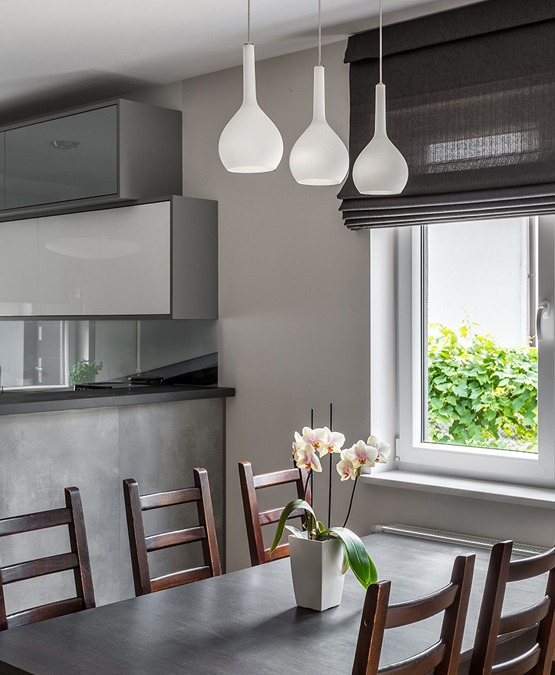
Evaluating the Quote or Estimate.
What is an estimate / Quote?
It seems a pretty obvious answer but quotes can come in all shapes, sizes, and formats. An estimate/quote will typically offer a single price, a generically described product, a colour, and no options. This is traditional and legitimate but very limited in detail.
A quote from a professional and some you want to work with should provide you with confidence in them, their product, and trust that the job will be completed as all have agreed.
If a quote has been carefully created and a lot of time put into it, with all the details required, this would be better than some scribble on a bit of paper with no detail of product specifications etc. A detailed quote should generally reflect a great detail to completing your job and wishes the right way.

Details!
Most quotes for supply and installation of window furnishings should be detailed, as there is a lot of specifications on the product and fitting that should be listed. If it is not listed, don’t choose that supplier as you cannot trust that the job will be done as you want. Remember you get what you pay for.
An un-detailed quote will generally be priced less than a well-detailed quote. However with a detailed quote 95% of the time you can guarantee you will get what you want and ordered, or if something goes wrong the company will sort it out until the job is completed to your satisfaction. Larger or small companies should provide detailed quotes. Regardless of the length and detail, you should read all of the specific items in the quote carefully.
Misunderstandings are more often the cause of quote misinterpretation on both sides, rather than actual dishonesty and incompetence.
Make sure the items that matter most to you are listed in the quote and all products are itemised so you can see the cost of each window furnishing.
The following are some of the basics that should be covered:
- Product choices – Has the product you selected at the appointment and sample viewing listed. Are the measurements correct to your knowledge? Is it listed on each window of how they will be fitted? Has the product name and colour etc. been listed? Is there a clear reference to the warranty of fabrics? Is the product / fabric specifications listed so you know that it will not be harmful to your family or environment?
- Scheduling – Has an expected time period been given for manufacturing and installation? This can be difficult due to manufacturing hold ups, building delays etc. but you should at least have a time frame to work with. If they can’t give you one, best not to go with them.
- Manufacturer’s warranty – Confirm that the installation of products will conform to the requirements of the manufacturer’s warranty and installation instructions in the contract.
- Cleanup – Ensure all mess and packaging will be cleaned up on the completion of the job. On occasion you may be able to have the company take away old window furnishings with them for a price.
- Payment terms – Payment terms for deposits, final payments and method of payment should all be written out fully with no room for misunderstandings. It is typical to pay a deposit of 50%.

